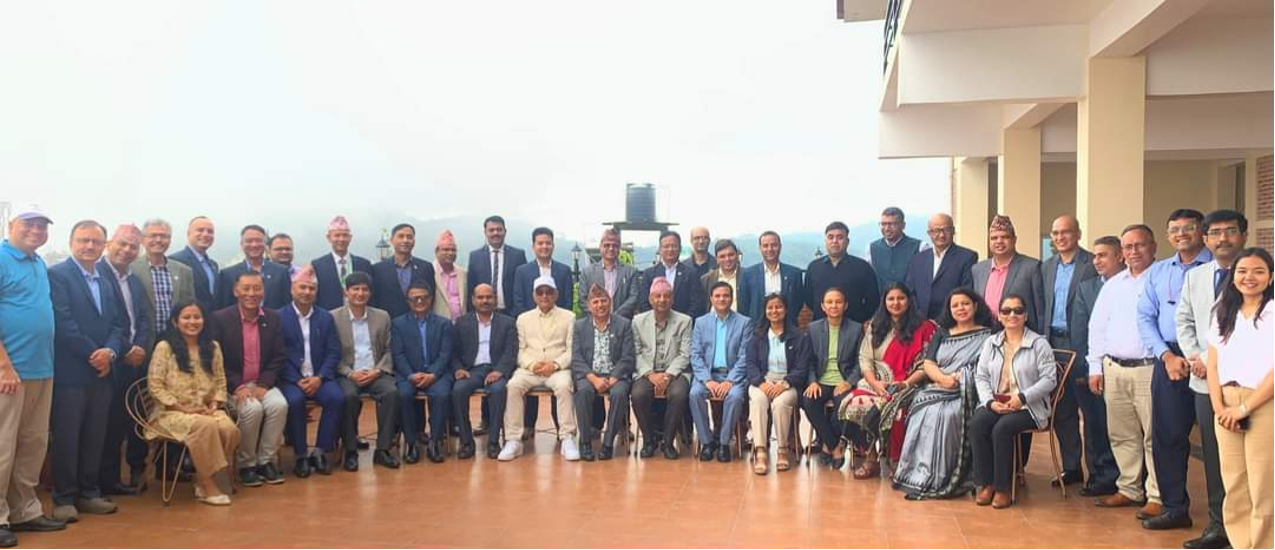WCCB Meetings between India and Nepal

The South Asia Wildlife Enforcement Network (SAWEN), in its continued effort to strengthen cross-border collaboration against wildlife crime, organized the second bilateral meeting between the Wildlife Crime Control Bureau (WCCB) of India and Nepal. This meeting was held on 22 August 2024 in Dhulikhel, Nepal, following the first meeting held on 11 July 2024 in New Delhi, India.
The meeting brought together senior representatives from both countries to discuss strategies for improving institutional mechanisms, legal frameworks, and operational approaches to address the increasing challenges posed by transnational wildlife crime, with particular emphasis on the Indo-Nepal border region. Key topics included the exchange of best practices in enforcement, the integration of technology and cyber monitoring, combating money laundering associated with wildlife crime, and strengthening prosecution and conviction processes.
Participants highlighted the critical importance of real-time information sharing and cross-border cooperation, facilitated through SAWEN’s platform, to enhance the effectiveness of joint enforcement efforts. The meeting concluded with the adoption of a joint understanding that reaffirms the commitment of both countries to intensify collaboration. The key points agreed upon include:
- Continuing information sharing through formal and informal channels with proper documentation at relevant authorities;
- Increasing the frequency of bilateral meetings in the future;
- Updating concerned higher authorities to facilitate a Memorandum of Understanding (MoU) between India and Nepal;
- Promoting and supporting SAWEN as a platform for transborder cooperation to reduce wildlife crime in the region;
- Sensitizing law enforcement officials in border areas to cooperate closely with their counterparts to control transboundary environmental crimes;
- Sharing expertise by recognizing the areas of strength within each country.
Both meetings were facilitated by SAWEN in cooperation with the Governments of Nepal and India, in collaboration with WWF Nepal, WWF India, and TRAFFIC India, and under financial support from the Bureau of International Narcotics and Law Enforcement Affairs (INL), USA.


